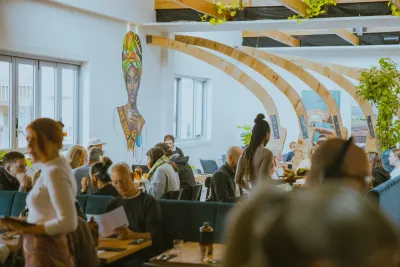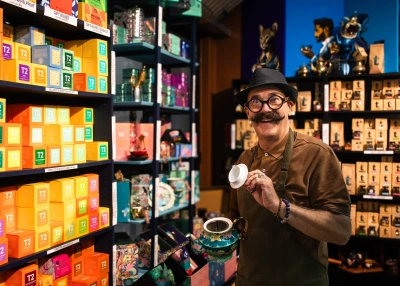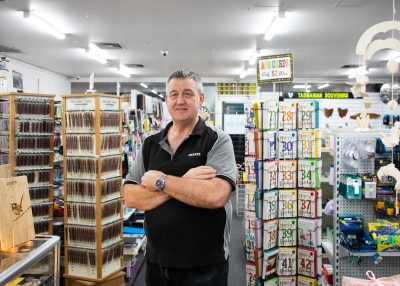In good company: Village Cinemas
The magic of moviegoing
Do you remember your first experience in a movie theatre?
Even, perhaps, the most recent time you purchased a ticket to watch a new film within the engulfing darkness of a cinema? For many of us, the memories of yesteryear’s film-watching habits give us enough to wax lyrical about the singular experience of being in a movie theatre and all aspects of that nostalgia.
These days, moviegoing has become a bit of a dying tradition. But at Village Cinemas in Launceston, there’s a hopeful fire for cinema being stoked, notably, by site manager Michelle Turner.
An employee of Village Cinemas for the past 37 years, her dedication to amplifying the experience of attending movie theatres has not waned. Embracing the excitement of something highly anticipated, Michelle is glad to find that in more recent times, it’s not only her theatre that dresses up for the movies.
‘We’re finding more and more that people are theming themselves when they come here to see a film.’ The premier for Beetlejuice Beetlejuice, in the last couple of months, saw a plethora of black-and-white-stripes action, and the viral ‘Beetlejuice lip’ worn by people who came to see the cult classic sequel.

For Michelle, as a young girl, the Mowbray drive-in was a harmless pastime, she remembers with joy. ‘It was a real occasion to go out to a movie. There was a lot less to do as a teenager in those days, so going to the movies with your friends was that bit of escapism from parents, it was something to do independently.’
With that glowing memory of childhood intact, it wasn’t necessarily on her radar to get a job working at the pictures. But in Grade 10 of high school, her parents caught wind of a job opening for a casual position at Village Cinemas. ‘It was way back in 1987, which feels like an eternity ago. One of Mum and Dad’s friends worked there and said that they were looking for someone who could work in the candy bar and sell popcorn. I came in for an interview and was lucky to get the job.’
From the candy bar, Michelle graduated to work as an usher, and then in the ticket box. Following that, she was trained to work in the projection room – a now relic of the past. Following that, she was promoted to duty manager before progressing into her role as site manager.
Be it a lifelong pursuit or not, Michelle notes that a job at Village Cinemas gives young people a good opportunity to build life skills. ‘Particularly for students,’ she says. ‘We’re busiest in the school holidays, of course, and quieter when they want to be at school and study. I think it’s a great first job for a lot of young people.’
When asked about what has kept her there all this time, she confides that the atmosphere of the movie theatre itself has embraced her – and in turn, she has embraced the long-time customers of the cinema, people she has been servicing for years. Beyond that though, she takes pride in the process of hiring and training young people.
‘I really enjoy seeing them progress, and then go to university and graduate to their real-life jobs. I love seeing that side of the progression and growth of people. We’ve had a little hand in getting them to where they’re going in life.’
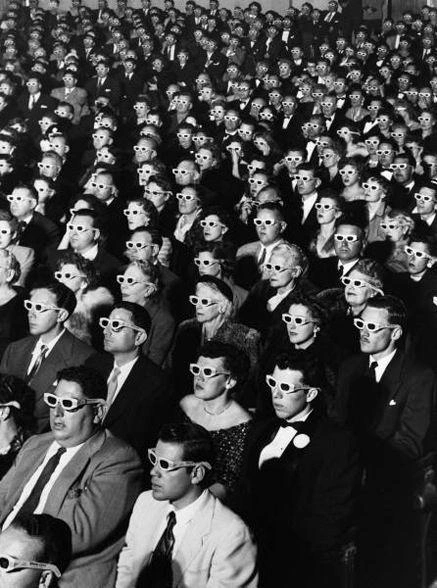
Beyond the blockbusters: cinema for community
Michelle and her team make a pointed effort to embrace the varying tastes of Launceston’s people.
‘I think we try to cater to the community really well. We try to listen to our guests,’ she says. Due to the multiplex, with its four screens (which is smaller than most Village Cinemas across southern Australia), there are times when new releases don’t all viably fit onto the screening schedule. It’s in situations like these that Michelle and her team keep an ear to the ground for requests for certain films. She’s conscientious, wanting to create space not just for the blockbusters that are allocated screens first up.
The Launceston Film Society, a private group, screens three times weekly at Village, showing foreign and arthouse film to a dedicated group of film lovers. Their program consists of forty weeks every year, sensibly avoiding school holidays. With over a thousand members currently, the Society remains a wonderful option that offers members fabulous alternatives to the more mainstream films. In addition to the Society’s pickings, Michelle chats about the international films frequently available to the public that are deliberately selected to acknowledge the cultural tapestry within the Launceston community. Michelle says she’ll seek the counsel of the leaders of these communities, with whom she’s made friends, to help determine which films they think would represent their heritage well.
‘Most weekends we play Indian-language films: Telugu, Tamil, Hindi, Malayalam, and Punjabi. We’ve shown some Pakistani films, as well as some from Malaysia and Japan. We’re starting to get some big audiences coming to these. We play the smaller titles, too, because we want people to get in the habit of coming to the cinema and knowing that we have these films.’
These international movies have proven to be a success amongst native speakers as well as English-speaking audiences.
‘Something that has been bubbling away for the last couple of years are the musicals and music concerts we’ve been screening. The Taylor Swift one – Taylor Swift: The Eras Tour (2023) – was a huge success. They’re something a bit different. When you’re watching a film in usual circumstances, you tend to be quieter and you want that peaceful enjoyment of the movie. Whereas with Eras, the audience was up and down the aisles or down the front and singing along and having a great time.’
She explains that in addition to that, worldwide watching parties are attracting audiences. Every participating cinema, she explains, will screen a music concert at exactly the same time, beautifully creating a sense of shared experience that goes beyond national borders. Metallica concerts and K-pop bands, she shares, have been live-streamed via satellite to Village.
‘There are a lot of amazing things that can and are happening that people can look out for.’
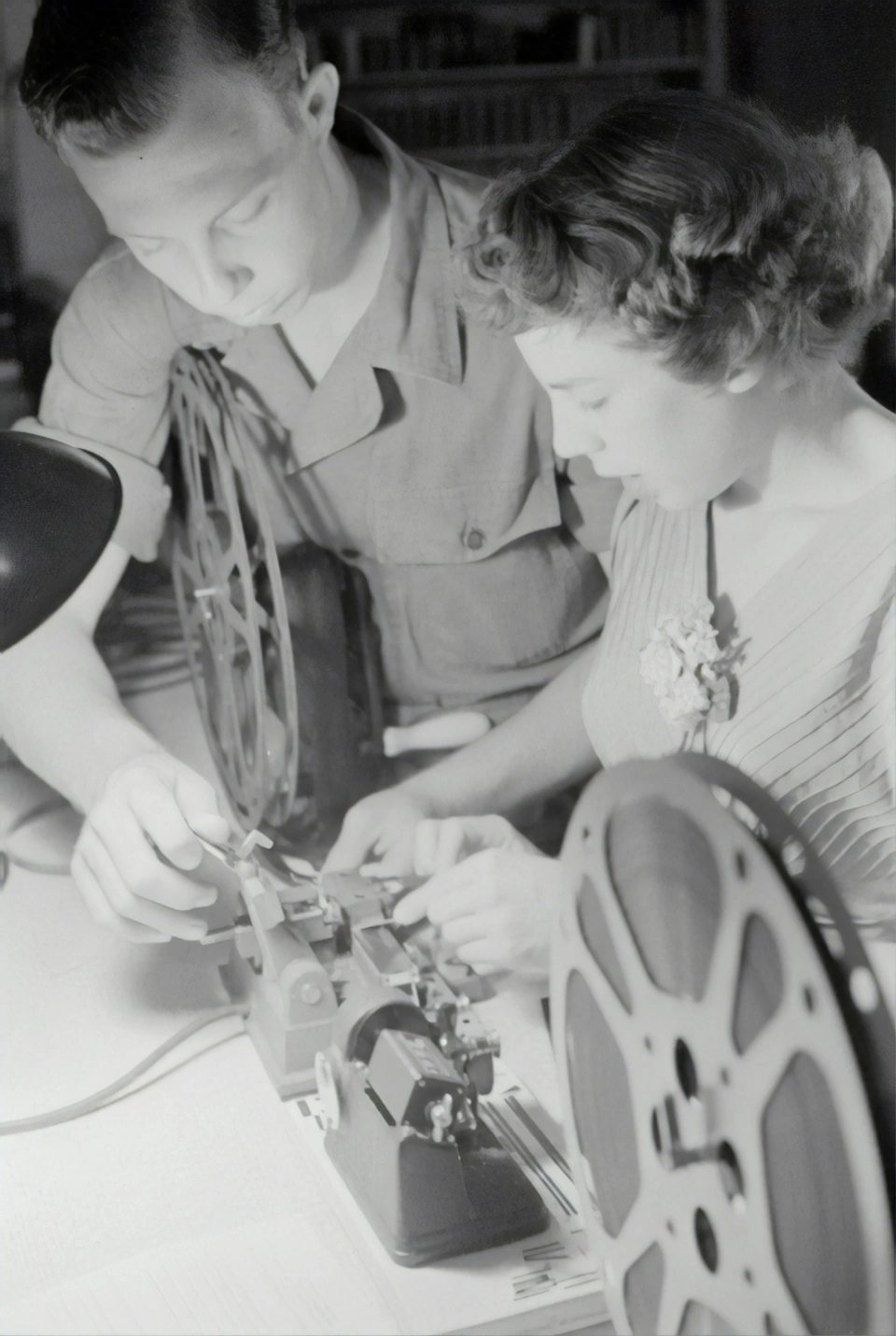
The eras of cinema
Michelle began her career at Village at a time when the word ‘film’ referred to the actual media. It was a tedious process to prepare and load the film for screenings, and while she reflects positively on her beginnings, she acknowledges that working in the projection room was one of her least favourite tasks.
‘It was around 2009 that film was phased out and replaced by digital means. We progressed from receiving a hard drive in the post that we could then ingest into our system. Now we’re at the point where it comes through high-speed broadband. That’s been a game-changer for the way we show movies. When we had the physical film, we were locked in – we could only show it one cinema. After a session finished, the film needed to have a breather gap before showing it again. The digital format means you can play a given film in multiple cinemas, one showing doesn’t need to finish before you begin the next session of the same film. The quality of the film on the screen is so much more superior to physical film.’
The problem with it being a physical print, she says, is that if the film acquired a mark or scratch, it was compromised forever. With the way that film had to be loaded onto the projector, one had to line it up precisely onto the cogs to ensure it would pass through the lens properly. If it were just a mere millimetre off, there was the potential that it would produce a massive scratch – it could be that you wreck a film from start to finish. That risk, Michelle says, is cut out with digital formats.
‘DVDs and Blu-ray were never seen as a threat to the business. Perhaps they were more of an enhancement as people would come and watch a movie at the cinema and then later by DVD so they can watch it again at home. There was often a three-month waiting period before movies came out on DVD, so there was that real lag before you could access it at home.’

Then came the rise of Netflix’s streaming services which made huge waves across the industry.
‘Streaming, which exploded during COVID, did have an effect. Especially in the peak of the pandemic, there were almost simultaneous on-demand and cinema releases which we can see were really killing our industry. Thankfully, we’re getting back to the point where we're going out, we’re making a bit of an occasion of it and it’s an exciting event for people. For a time, we were a bit worried that cinema might not come back. When we look at our top twenty films,’ Michelle says, pointing at a list of twenty titles that performed the best in the history of Village in Launceston, ‘there are nine that are post-COVID releases. Cinema is not dead, and it has a really exciting future, I think. We’ve had to cope with lower lows and higher highs. We have these bursts where people are really keen to see these big films. People want to see them.’
In her experience, there have not been many times where business struggled – even when things were a bit slower at the multiplex, there was always ‘the next big thing’ on the way, as she says. A blockbuster was always sitting just around the corner. COVID threw that on its head, and post-pandemic, Michelle notes quieter times are not as rare as they once were.
‘But these films,’ she says, waving her hand over the list again, ‘they show me that there is definitely a huge future in cinema. When we’re busy, we’re absolutely busy. Spiderman: No Way Home (2021) was one of the very first films that really took off for us after we came back from COVID. And then Top Gun: Maverick (2022) was just phenomenal. Avatar: The Way of Water (2022) is our top film over the last twenty years of records. Deadpool & Wolverine (2024) has been phenomenal. And of course, Barbie (2023) was just unbelievable.’
Noting the specific popularity of superhero films pre-COVID times, she acknowledges that for a while the quality declined for the period following 2020 (not exclusively due to the writers’ and actors’ strikes in 2021 Hollywood), but she’s of the opinion that this year’s Deadpool & Wolverine indicates a resurgence of both quality and engagement from her audiences. She’s hopeful that amazing films will continue to be made and enchant people. ‘I’m confident they will be.’
Explaining the forecasting of films, she shares, ‘The studios do a lot of forward planning for which films are going to come out two or three years in advance.’ 2019 was one of the greatest years in film history, known for its quantity of huge theatrical releases, such as Avengers: Endgame and the live action The Lion King, with financial year 2026 slated to be even bigger.
On that latter point, Michelle says she’s most excited about being able to grow the experience Village Cinemas Launceston offers people.
‘You never know what might be in the works,’ she says hintingly, to which one can only guess refers to the potential installation of Village’s other theatre types, like their Gold Class, Vmax or Cinema Europa. ‘I can’t say too much! But there is definitely something in the works. We’re expecting that to arrive in about 2027. By the way time is moving, that’s not that far away at all!’
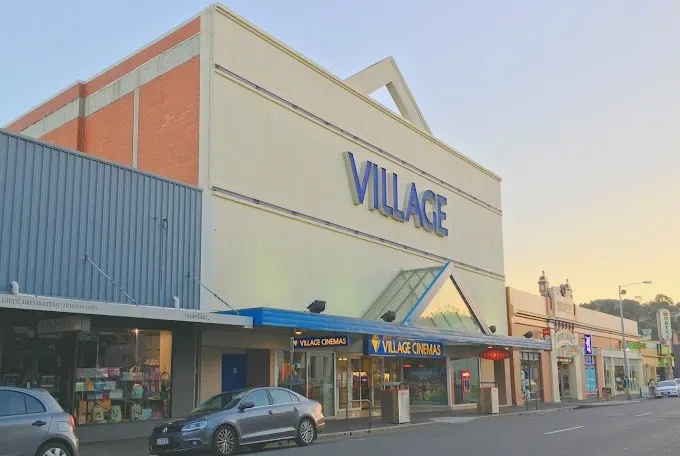
It’s Michelle and her teams that are keeping the magic of the movie theatre alive in Launceston. From celebrating community tastes with international films to the musical screenings growing in popularity, Village Cinemas Launceston continues to offer a diverse and engaging experience for all. Michelle’s optimism and her leadership gives the sense that Village will remain a beloved destination for film lovers for years to come yet.
